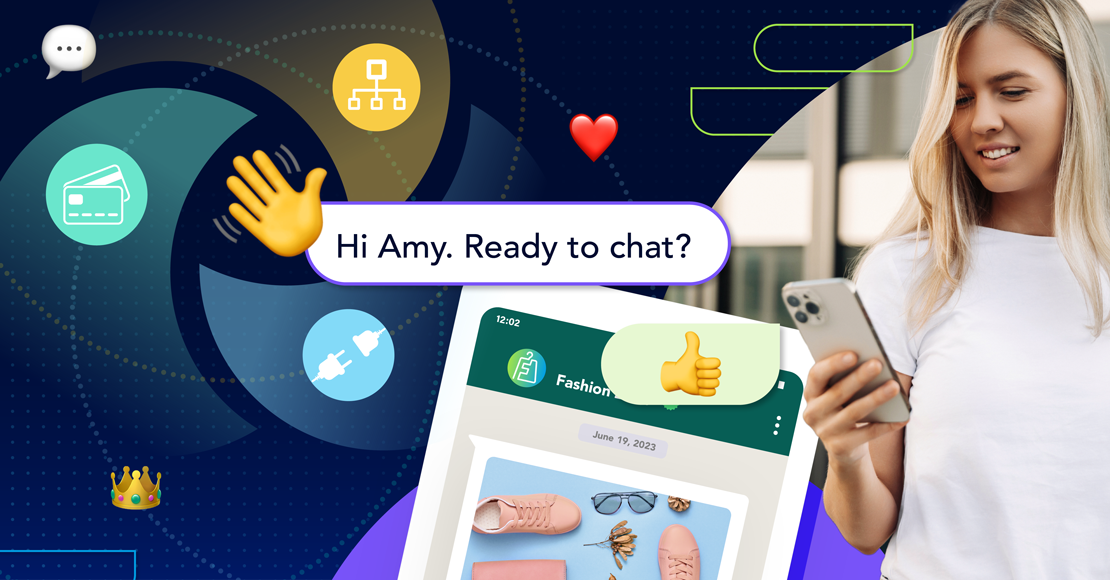
B2B and B2C customers
Your customer relationship management strategies should be comprehensive and take a robust approach to handle how you manage all types of customer queries or complaints. The type of strategy you employ will differ depending on the type of business you have. In the business-to-business (B2B) arena, you’re facing clients who are businesses too. Most times this results in fewer issues but when they do arise, the solutions can be tricky to find and implement. On the other hand, when your offering is in the business-to-consumer (B2C) market you’ll find yourself handling many different issues and concerns with a variety of different clients but the solutions can usually be found quite quickly.
B2B and B2C customer support are similar strategies to manage
Business and individual customers have very different requirements. They have vastly different budgets, their turnaround expectation differs, as does their loyalty. This means that your customer relationship management team needs to be trained in unique ways to handle complaints and queries from your specific customer group. They’ll also need different tools to do their job. Even the customer relationship management (CRM) system you employ will be different. A one-size-fits-all approach could risk your reputation, level of efficiency, and ultimately your business’ success.
The specific differences between B2B and B2C customer support
How they scope for suppliers and service providers
Businesses have to run thorough evaluations of a selection of suppliers before deciding on who to use. There’s also a lot of red tapes to get through. Many companies want to receive quotes from their three top supplier choices before they make a final decision. Obtaining quotes and presenting options takes time. Individual customers, however, evaluate a company’s brand and reputation. They prefer to work off references from their friends, family, or colleagues. Their budgets are also far smaller than that of a business so they’re likely to be swayed by proven value for money and after-sales service, as well as customer support.
How they manage their expectations of after-sales service
Business customers often want to have an ongoing long-term relationship with their service provider or supplier because it’s an enormous amount of work finding a new one. They expect reliability to be at an all-time high, along with continuous customer support and they appreciate a company that follows up with superior after-sales service. A company that can show its B2B customer that they're able to deliver on these aspects of customer relationship management is bound to retain its customers. Your individual consumer doesn’t need as much attention if they’re satisfied with your product or service. But, should there be an issue they will become very demanding. Also, individual customers are now able to take their experience of your brand to social media, which means that if you don’t attend to their complaint or query within their expected time frame your business could come under fire online.
When you draw up a comparison of the expectations of B2B and B2C customer support one similarity for all customers (big and small) is that they require and appreciate real-time two-way communication. This is most successful with the likes of an SMS two-way communication tool. It can be easily implemented into your CRM solutions.
Read more about CRM in the mobile marketing environment by reading our blog which outlines the 10 mobile CRM best practices for implementation and development.
Explore other articles
Step into the future of business messaging.
SMS and two-way channels, automation, call center integration, payments - do it all with Clickatell's Chat Commerce platform.








